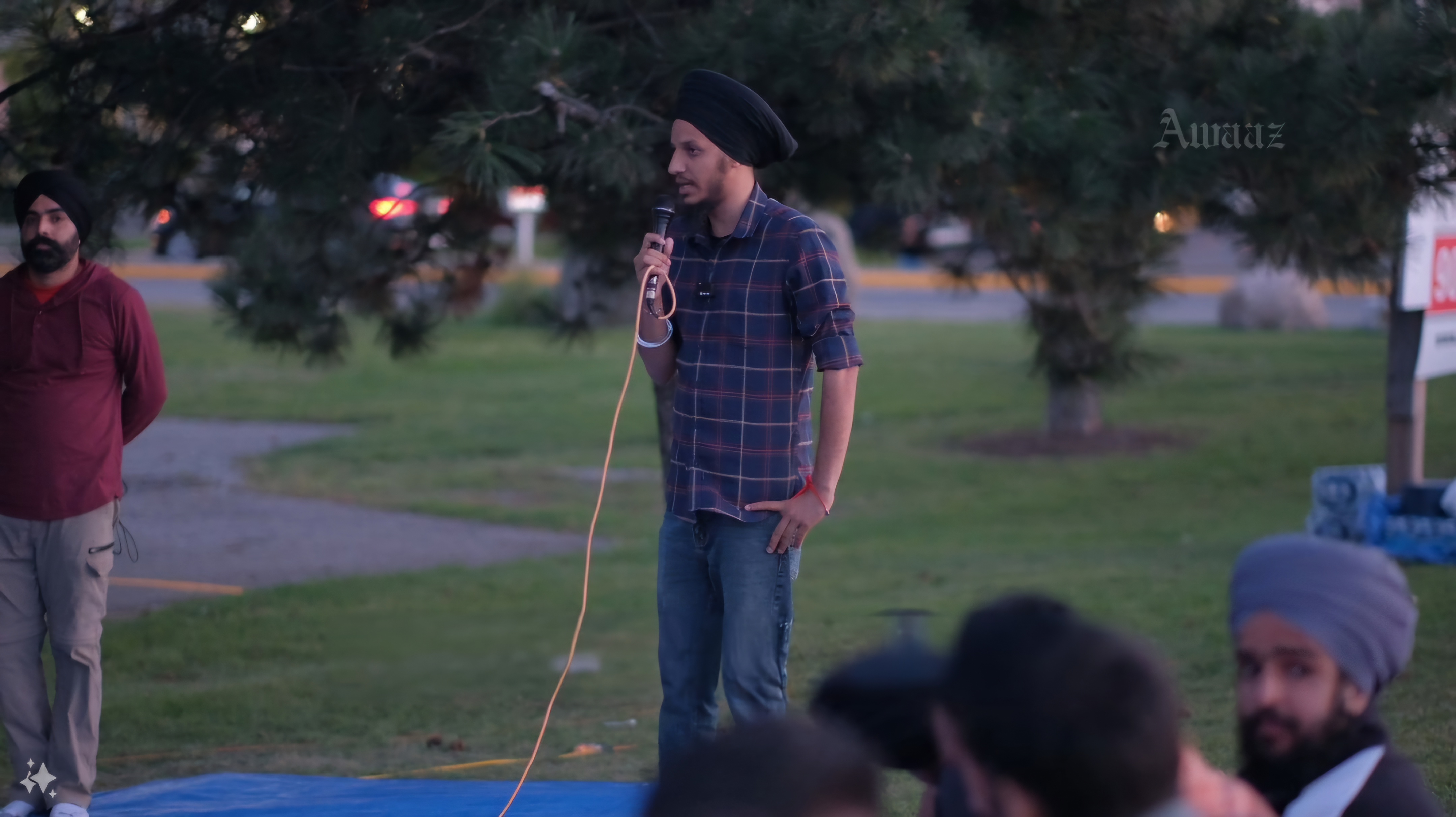With a growing number of international students participating in protests worldwide, questions have arisen about their rights and how their immigration status, including study permits, work permits, and permanent residency (PR) applications, might be impacted. This article delves into the legal landscape surrounding international students’ right to protest and the potential implications for their immigration journey.
Do International Students Have the Right to Protest?
Yes, international students do have the right to protest. The right to peaceful assembly is protected under the Canadian Charter of Rights and Freedoms, which applies to everyone on Canadian soil, including international students. Most protests are peaceful, and participation does not inherently violate any immigration rules. However, international students must be cautious and informed about the nature of the protest to avoid legal troubles that could affect their status.
Potential Immigration Impacts
While the right to protest is guaranteed, it is crucial for international students to understand how their immigration status could be impacted if protests turn problematic. Here are the key points regarding potential immigration consequences:
-
Peaceful Participation: Simply participating in a peaceful protest will not get you deported or impact your immigration status, including study permits, work permits, or PR applications. There is no immediate risk of deportation solely due to participation, and police actions, such as arrests, usually require a long legal process before any immigration consequences arise.
-
Arrests Without Charges: If an international student is arrested but not charged during a protest, this typically does not affect their immigration status. Arrests alone do not create a criminal record that would impact study permits, work permits, or PR applications. The incident may still appear on some records, but it usually does not have significant legal implications for immigration purposes.
-
Arrests with Charges: If arrested and charged—often with minor offenses like “unlawful assembly”—the charges may still not impact immigration status if they are dropped or if the individual is acquitted. Even if convicted, as long as the offense is a summary offense (minor), such as unlawful assembly, it does not render an individual inadmissible to Canada. However, more severe charges, like assaulting police or mischief over $5,000, can lead to serious consequences, including inadmissibility, which can jeopardize immigration applications.
-
Impact on PR Applications: Convictions for serious offenses could affect applications for permanent residency. Even minor offenses can complicate the process, as applicants must disclose any charges or convictions. Convictions for offenses that are considered "indictable" (serious) or multiple offenses from different incidents can render an individual inadmissible to Canada. For minor convictions, applicants can seek exemptions or pardons under humanitarian and compassionate grounds, which may mitigate the impact on their PR application.
-
Renewal of Study or Work Permits: For temporary visa renewals, such as study or work permits, minor offenses are generally less concerning compared to PR applications. Nevertheless, honesty and transparency in reporting any criminal history are crucial, as failure to do so can have severe repercussions, including accusations of misrepresentation to immigration authorities.
Advice for International Students
-
Assess Risk Levels: Before attending a protest, assess its risk by checking if it’s marked as peaceful or if there are chances of escalation. Understanding whether a protest is likely to lead to altercations can help students make informed decisions.
-
Be Aware During Protests: Stay vigilant during protests. If police issue a dispersal order, comply immediately to avoid arrest. Being aware of your surroundings and following lawful orders can minimize risks.
-
Know Your Rights and Obligations: Familiarize yourself with your rights during a protest, including the right to remain silent and the right to legal counsel if arrested. If charged or convicted, it is crucial to report this accurately in immigration applications to avoid severe penalties for misrepresentation.
-
Seek Legal Advice: In the event of an arrest or charge, seeking legal counsel is highly recommended. Immigration lawyers can provide guidance on how to navigate the legal complexities and minimize the impact on immigration status.
Conclusion
International students have the right to peacefully protest, but they must be mindful of the potential risks to their immigration status. Understanding the legal landscape, being vigilant during demonstrations, and reporting any incidents truthfully in immigration applications are key steps to safeguarding their rights and future in Canada. While peaceful protest is a protected right, staying informed and cautious remains paramount in navigating these complex scenarios.
This article serves as a general guide and should not replace legal advice from a qualified immigration lawyer.

